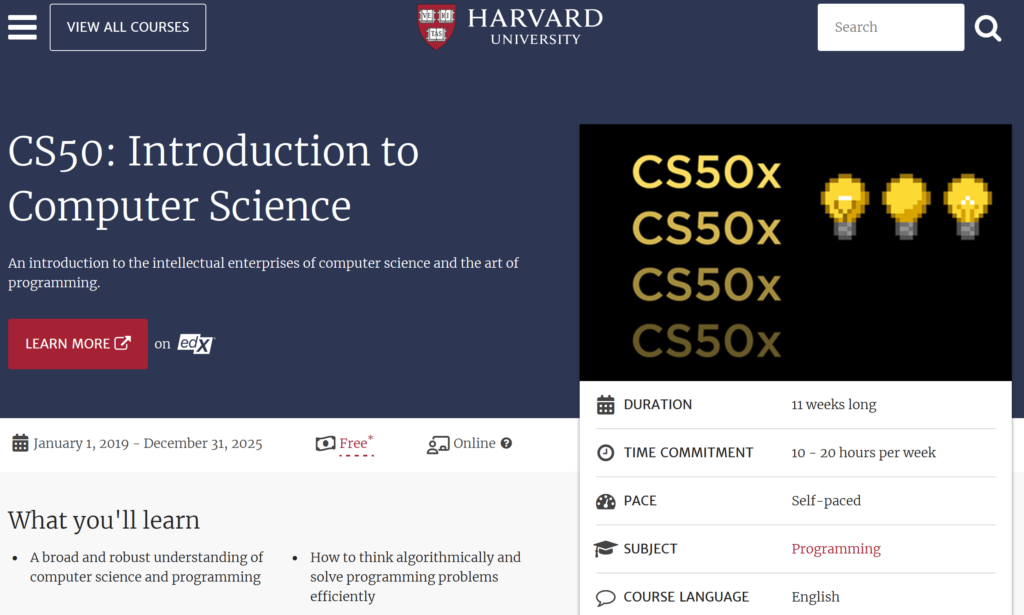Hi! My name is Nathan Inbar, I am a third year computer science student at UVic. For my first blog post in this class, I’d like to reflect on my experiences with open and distributed education.
Definition
From what I have learned in class, distributed education is a unique learning model defined by how the materials and course delivery are distributed. Essentially, distributed education is when a course uses a variety of different locations, times, and formats. For example a course can distribute it’s learning resources across several websites, or include different textbooks, and physical materials. It can also include courses that use in-person, online, or hybrid formats. For example, a course that meets twice a week where the first time is in person and the second time is online.
In contrast to distributed education, open education is defined by the accessibility of learning materials. This is a learning model where the educational resources are free or low cost. This is made possible by different open licensing models like Creative Commons.
Personal Experience
I have followed somewhat of an atypical education model since I was young. During high-school, I migrated to a hybrid class format to accommodate learning difficulties that I was having. For example in one year I had two in-person classes and three online classes, one of which was asynchronous. I went to high-school in a time that was pre-pandemic, so the concept of online high-school courses was foreign to a lot of my peers. Looking back, I greatly appreciate that I was able to do school this way because it created an environment that was significantly more conducive to the accommodations I needed in order to succeed.
After graduation, I decided to take a gap year before coming to UVic. During this time, I enrolled myself in several online programming courses as an effort to get ahead. I took two major courses– one was an online asynchronous introduction to programming fundamentals offered by Harvard University called CS50x. I was able to watch the lectures and do the assignments at my own pace which really helped me enjoy learning the material since I had no deadline stress and could take my time on it. I also feel like the organizers of the course implicitly had to make a “better” course experience since they could not rely on an form of instructor coordination with students– this was a free course offered to anyone wanting to take it. Instead, there was an online discord community dedicated to the course where students could communicate and learn together. I had a great experience with interacting with that community, and by the end of the course I found that I was helping others more than asking questions which is a great way to reinforce what I learned and kept me engaged. I think one good thing that has come out of the pandemic is the development and normalization of online learning models.
I’ve included a picture of the CS50x course that I took because I think it illustrates how easy it was to sign up and access a Harvard level course. They did a great job putting the whole experience together:

My personal experiences with open and distributed learning over the years has me excited for the material in this class, since I can greatly appreciate the value that can come of these different learning models. Even now, while I am taking classes at UVic, I heavily leverage other online course materials (MIT OpenCourseWare for example), to supplement my learning. It’s a privilege to learn in an era where technology creates such easy access to knowledge!

Leave a Reply